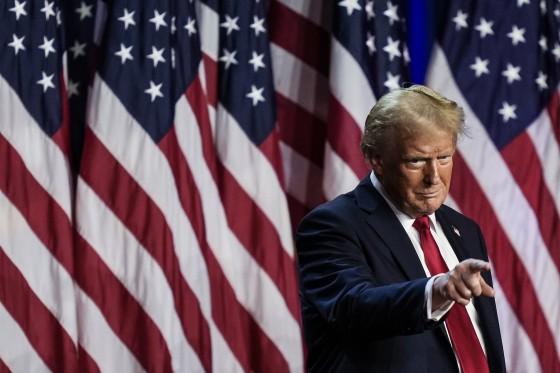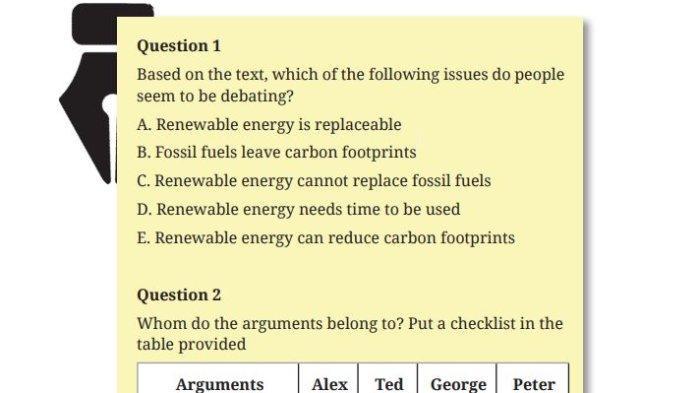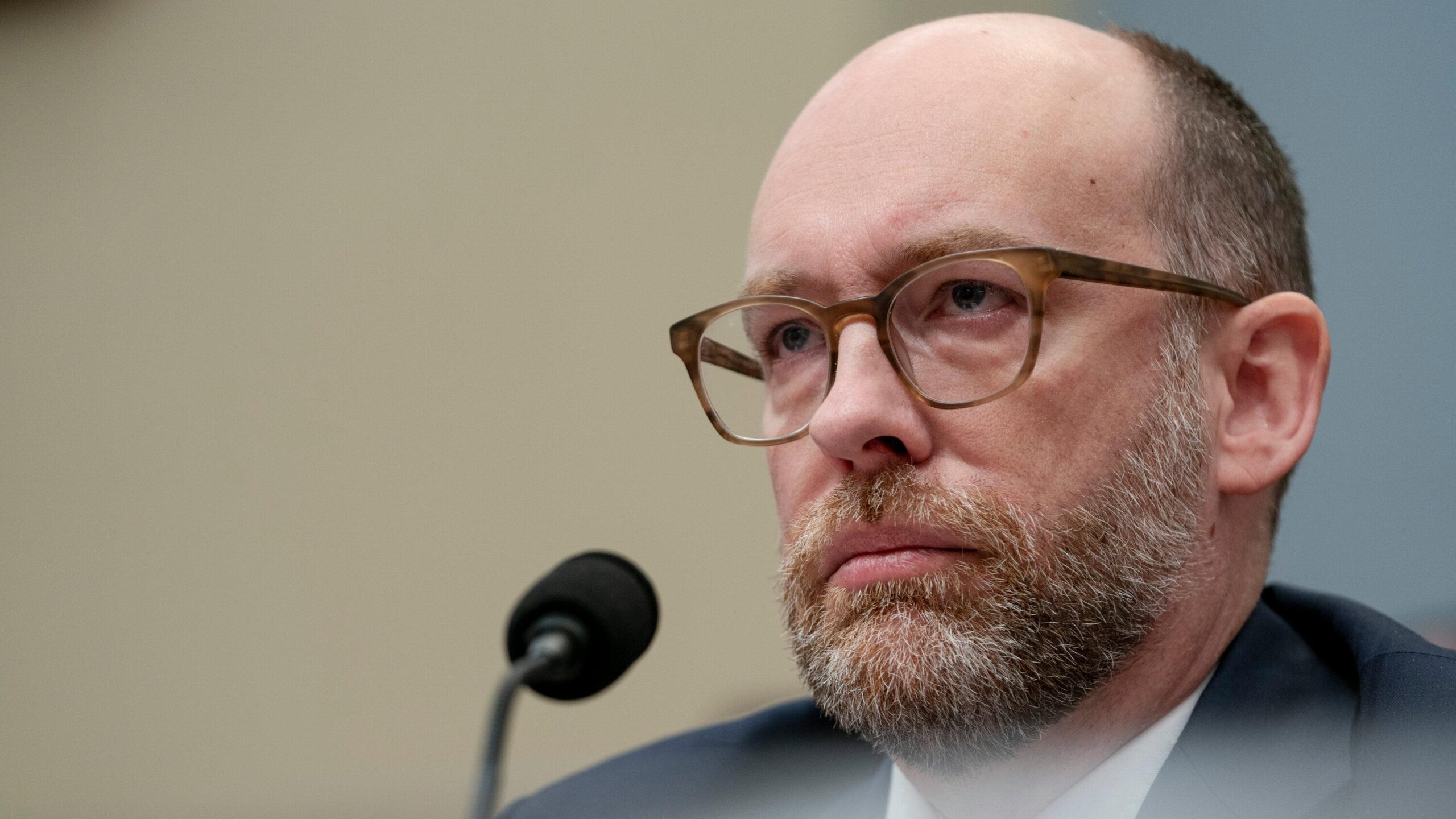As the dust settles on an unprecedented presidential election, the looming prospect of a second Trump term casts a shadow over the political landscape. One issue that could define the early days of this hypothetical second term is a radical move by President Trump to circumvent Senate confirmation for key positions within his administration. This audacious strategy, if implemented, would be a bold power play that would challenge the long-standing norms of American governance. It is sure to ignite fierce debate and constitutional scrutiny, setting the stage for a tumultuous and consequential chapter in American history.
Table of Contents
- The Imperative of Reviving Senate Confirmations: Addressing the Erosion of Checks and Balances
- Toward a Reinvigorated System: Restoring Accountability and Procedural Integrity
- In Conclusion

The Imperative of Reviving Senate Confirmations: Addressing the Erosion of Checks and Balances
The Senate confirmation process is a critical check on the president’s power. It ensures that only qualified and suitable individuals are appointed to key positions in the government. However, in recent years, there has been a growing trend of presidents seeking to skirt Senate confirmation by appointing individuals to positions that do not require it. This erosion of checks and balances is a serious threat to our democracy.
There are several reasons why the Senate confirmation process is important. First, it allows the Senate to vet nominees and ensure that they are qualified and suitable for the positions they are being appointed to. Second, it provides a forum for public debate about the nominees’ qualifications and views. Third, it gives the Senate a chance to reject nominees who are not qualified or who do not share the values of the American people.
Toward a Reinvigorated System: Restoring Accountability and Procedural Integrity
Restoring Accountability and Procedural Integrity
Reinvigorating the system requires restoring accountability and procedural integrity. Trump’s demand to bypass Senate confirmations epitomizes the erosion of these principles. Such circumvention of constitutional processes undermines checks and balances, allowing the executive to consolidate power without the necessary oversight. Without adherence to established procedures, the integrity of our institutions and the rule of law are compromised.
Accountability demands that those in positions of power be held responsible for their actions. Bypassing Senate confirmation removes a critical mechanism for ensuring that appointees meet the necessary qualifications and standards. It opens the door to political cronyism, as individuals can be placed in positions of authority without undergoing proper scrutiny. The erosion of accountability fosters a culture of impunity, where officials are less likely to be held accountable for their decisions and actions.
In Conclusion
In this looming chapter of American history, the future path of confirmations remains uncertain. The struggle between norms and audacious initiatives intensifies, etching a compelling narrative in the annals of governance. As Trump embarks on a potential second term, the eyes of observers are fixed upon this political tightrope, poised to witness the outcome of an era-defining test.


